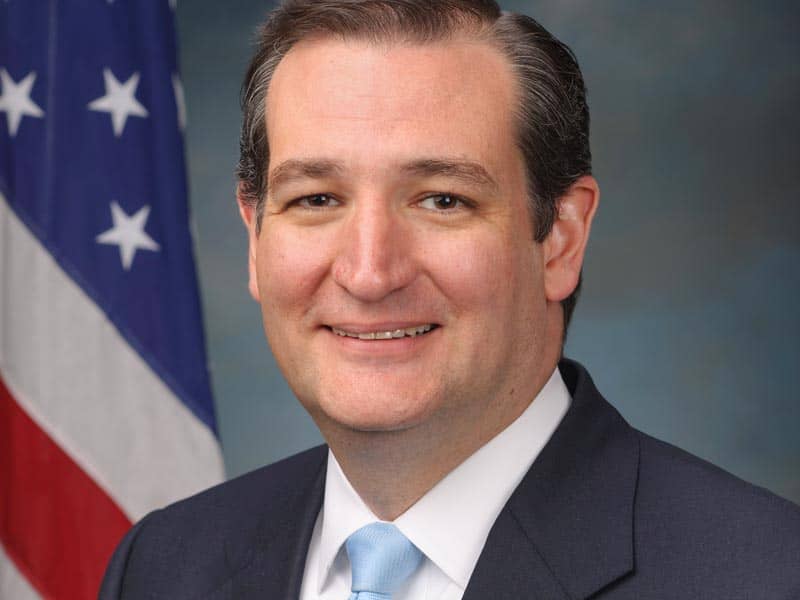The greatest impediment to faith-based initiatives, though, isn't a lack of funding. It's the refusal of many Washington legislators and bureaucrats to give up centralized grant-making power and move to a decentralized system that emphasizes social-service vouchers.
The grant-making process that has dominated social services since the War on Poverty enables Washington bureaucrats to feel both powerful and charitable. They can make or break the charities they fund with taxpayer money. It's wonderful to feel generous, especially with someone else's dollars.
Voucher systems, though, put power in the hands of individuals, and thus create the "level playing field" that George W. Bush has called for since 1999. Social-service vouchers also get around the question of officials favoring one religion over other, which the First Amendment prohibits. That's because vouchers don't "establish"--or give governmental preference to--any particular religion, since individuals rather than officials decide where to use them from a large array of choices.

|
| Republican leaders are not indifferent to the poor, but they haven't been willing to trust frontline anti-poverty workers and the poor themselves. |

|
Significant, if slow, progress toward the use of vouchers is occurring. For example, over this fiscal year $100 million is going to Access to Recovery, a federally sponsored substance-abuse treatment program that allows addicts to use vouchers to seek treatment from a range of appropriate, community-based religious groups in addition to secular agencies. Some dollars will be wasted by individuals who make bad choices, but over the decades the feds have thrown away billions of dollars on ineffective, bureaucratically-sanctioned drug treatment programs. Now, finally, organizations that rely on religious conversion to break addiction can be on a level playing field with all others.
Jim Towey, the Assistant to the President who heads the Office of Faith-Based and Community Initiatives, says the voucherized drug-treatment program is "exciting stuff" and stresses that "we should be pressuring to have vouchers in other areas--but alas, I never, ever hear a peep from the Hill on this." Some opponents of vouchers worry that theologically conservative groups will be the organizations of choice for many-voucher holders, but if they are the most effective in fighting poverty, so be it.
If some GOP members of Congress who talk about fighting big government and empowering religious and community groups not only peep but shout, we'll see some movement. Republican leaders are not indifferent to the poor, but they have as yet not been willing to trust frontline anti-poverty workers and the poor themselves more than they do Washington bureaucrats and their traditional allies in long-established nonprofit organizations.

